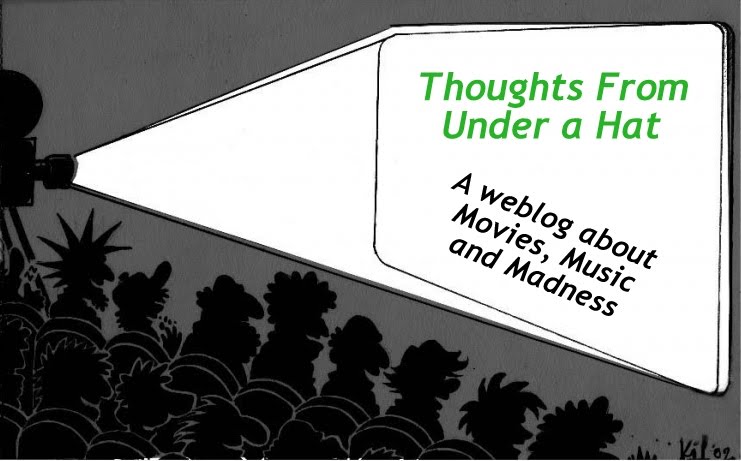The movie starts off in a conventional enough manner: we are introduced to the hero and the heroine, played by Cary Grant and Ingrid Bergman. These two were the biggest stars of their day, and it's not hard to see why: besides being both stunningly good-looking, they have a great chemistry between them. They talk in the way only characters in movies like these can: witty, romantic and without ever making a faux pas. Grant, who is a government agent, convinces Bergman to spy on an old acquaintance of hers whom is suspected of shady dealings. After some persuasion, she gives in and meets up with the guy. The man takes a fancy to her, and her contractors order her to seduce him.
Up until this point the movie is great fun, if a bit by the book. But once this acquaintance is introduced, the movie takes a very bitter turn. Alex Sebastian, played by Claude Rains (whom you might remember from his memorable role as the police captain in Casablanca), is simply a far too nice guy. Even if his alliance lies with the wrong people (the nazi's in this case), he's clearly deeply in love with Bergman and makes a great many sacrifices to be with her. Yet he is played out mercilessly, both by Bergman and his dominating and scornful mother. It's the latter who comes up with the plan to dispose of Bergman when they find out what here game truly is.
Mothers like those seem to be a "thing" for Hitchcock.
What makes the fall of this man even more saddening to watch is that he is the only one truly taking blows in the movie. It's clear that Grant and Bergman are going to end up together from the get-go, but as the movie progresses it's hard to see what they share besides a sense of mutual cruelty at each other. Grant was known for playing mischievous and lovable everymen, and his character here is anything but lovable: as soon as he walks into any trouble he becomes jealous, mean and generally behaves like an absolute prick. And yet he still gets the girl: Bergman seems to yearn for nothing but his approval, like an insecure teenager who dates a jock to boost her self esteem. Rains is, despite everything, clearly the nicer guy in this triangle, but when he desperately pleas for his life and the company of the woman he loves at the end of the film he gets brutally shut out. If this were a highschool film, he would have been played by Micheal Cera. And it would have never ended like this.
It's not that the idea of a tragic villain is uninteresting in any way. But why use this idea in a thriller? Thrillers aren't meant for character studies, thrillers are meant for the public to bite their nails to and return them home smiling when all is right in the world again. Notorious' ending is one of the most depressing ones I've seen in some time: not only is the hero shown to be a dick, but the nice guy is shown to be doomed. It's not so much an anticlimax as a contraclimax: the big cheer is replaced by a harrowing last look and a character walking to his certain death.
The movie is undoubtedly well-made (this is Hitchcock, after all), but there is no getting away from the fact that we are asked to condemn a person simple because. Rains final moment reminded me of the moment in Inglourious Basterd where a german officer is waiting for the "Bear Jew" to show up and beat him to death. You can see the fear in his eyes, and for a moment this man is the one you root for. But where that moment is short and mostly played out for laughs, Notorious is dead serious. I think it's about time that we filmnerds took a good hard look at our collective Hitchcockboner, and this seems like an excellent place to start.
Alias
This is how I felt after the movie. Not exactly what you'd expect after a thriller.

No comments:
Post a Comment